
Our guest blogger today is author and speaker Shauna Niequist. In the post below, she explores the subtle implications of a phrase often used to describe up-and-coming leaders.
I keep hearing things like, “He’s the next Rob Bell.”
“She’s the new Beth Moore.”
“She’s a female Donald Miller.”
“He’s a young Dallas Willard.”
“She’s the next Anne Lamott.”
I get it, what people are saying when they say things like that. They’re trying to describe a certain potential, more ‘this’ than ‘that,’ to define trajectory and tone. They’re trying to pay a compliment—they’re saying, “I think you could do what that amazing person has done.”
But there are at least two problems with this way of speaking: first, there is already one Rob Bell. And he’s great at what he does. There is a Beth Moore, and she’s amazing. Let’s not communicate to them that they’re factory models, a dime a dozen, with newer, younger versions of the same nipping at their heels.
There will never be another Dallas Willard. There will never be another Anne Lamott. These are individual people with stories and families and quirks, not types and caricatures. But we make them that when we talk about them like products. They’re not products, and they’re not replicable. They’re unique voices that God has used in extraordinary ways, and we minimize that when we talk about them like types, not people.
And what you’re saying to someone, when you tell him he’s the next so-and-so, is that there’s a slot you think he can slip into, if he tries hard enough. There’s an identity he can put on like a necktie. Just occupy this person’s voice and identity, and all will be well.
No. All will not be well. We don’t need more of them. We need more of you. God is using so many people in such beautiful ways, but we absolutely don’t need replicas of them. We need you: your voice, your uniqueness, your magic.
And we lose your magic when you lay it down in order to imitate someone else. We lose your voice, your perspective, your story, your strengths, your weaknesses, your dreams, your secrets.
Don’t be the next anybody. Be deeply, weirdly, completely, totally you.
Why do I care so deeply about this? Why does the hair on the back of my neck stand up when someone says, “He’s the next Billy Graham?”
Because some of the hardest work I’ve done in my life is fighting to believe that God’s not asking me to be the next anyone… God’s asking me to be an entirely new thing, never before, never again.
You were not made to be a clone or a replica or a version 2.0 of what God’s already done. You were made to be only you, with all the limitations and triumphs contained within that.
And so, my dear friends, promise me that you’ll be you–deeply, weirdly, totally you, not the next _____.
That’s where life is. That’s where freedom is. That’s where peace is.





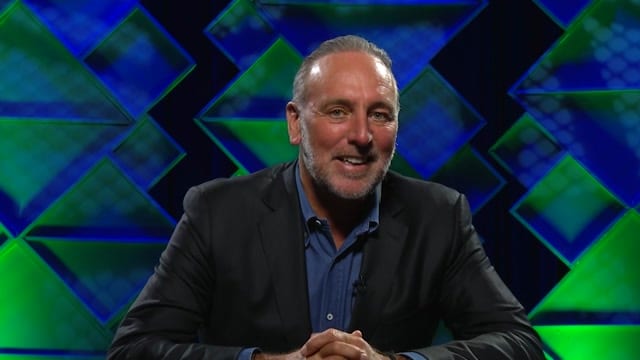
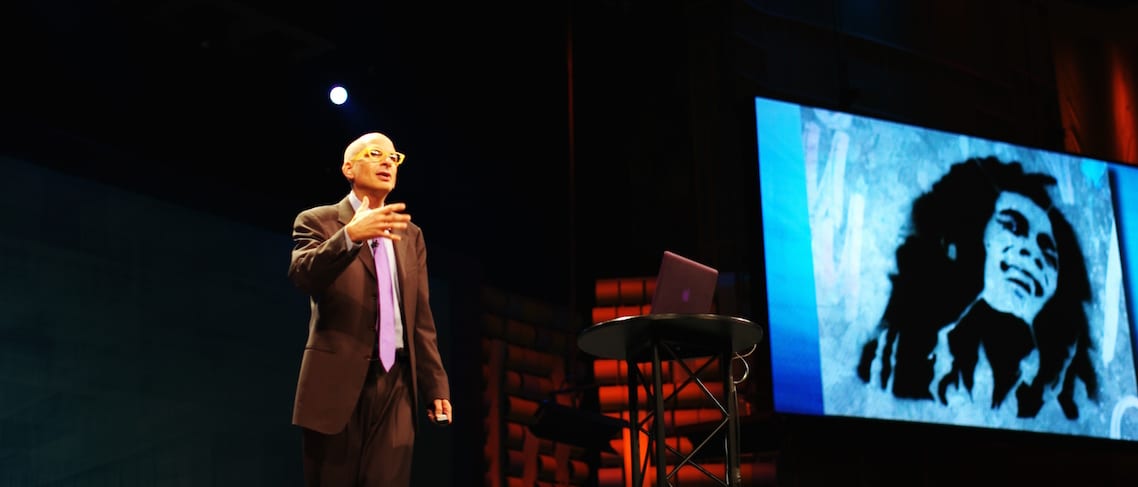
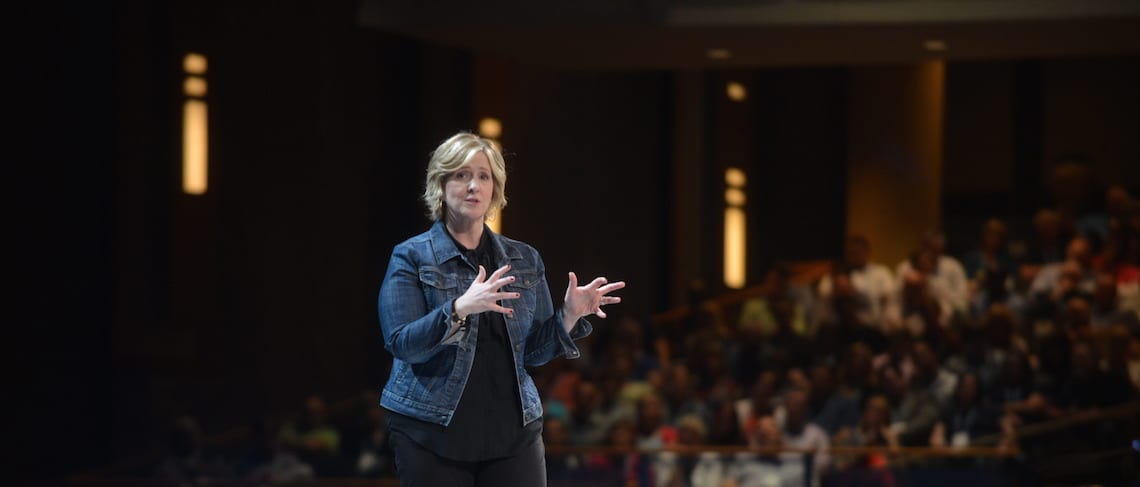


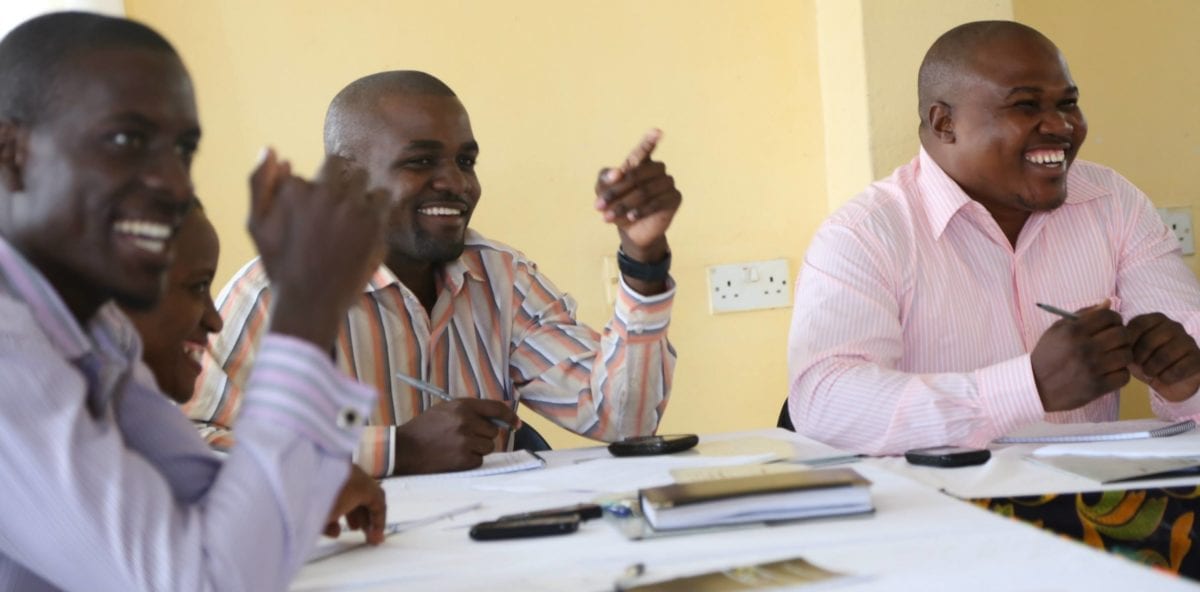

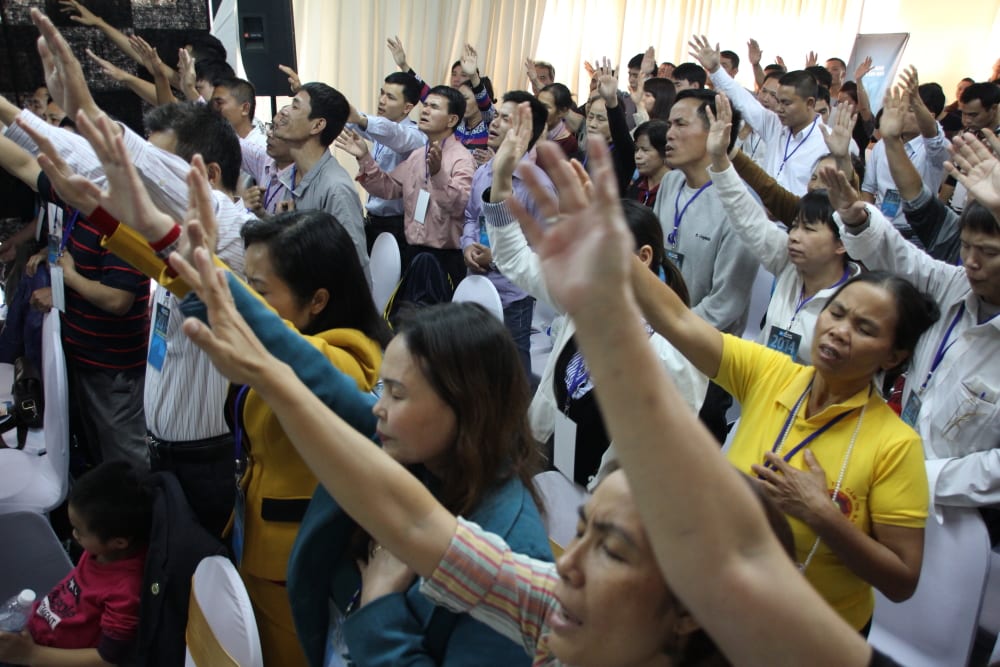


Recent Comments